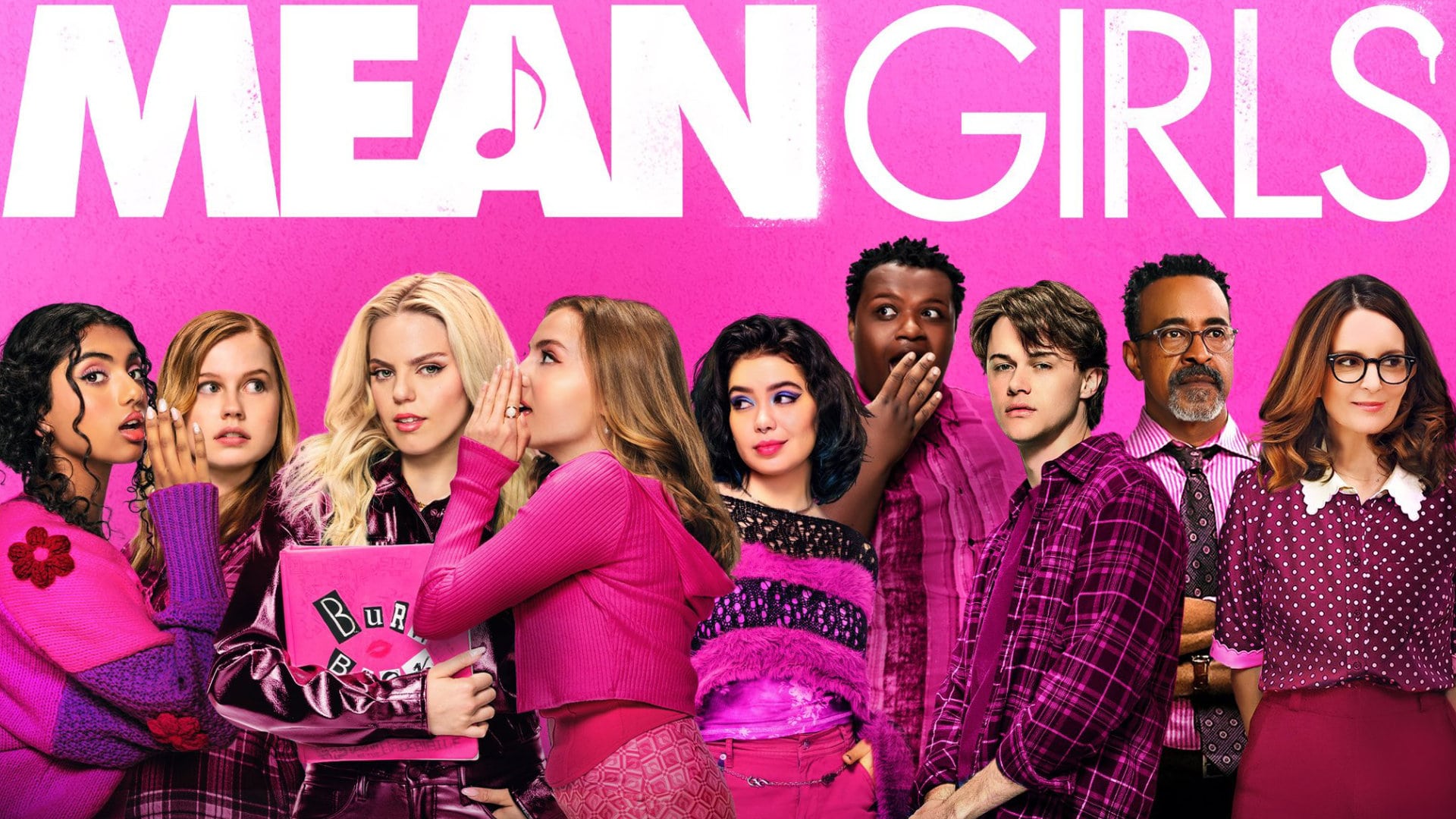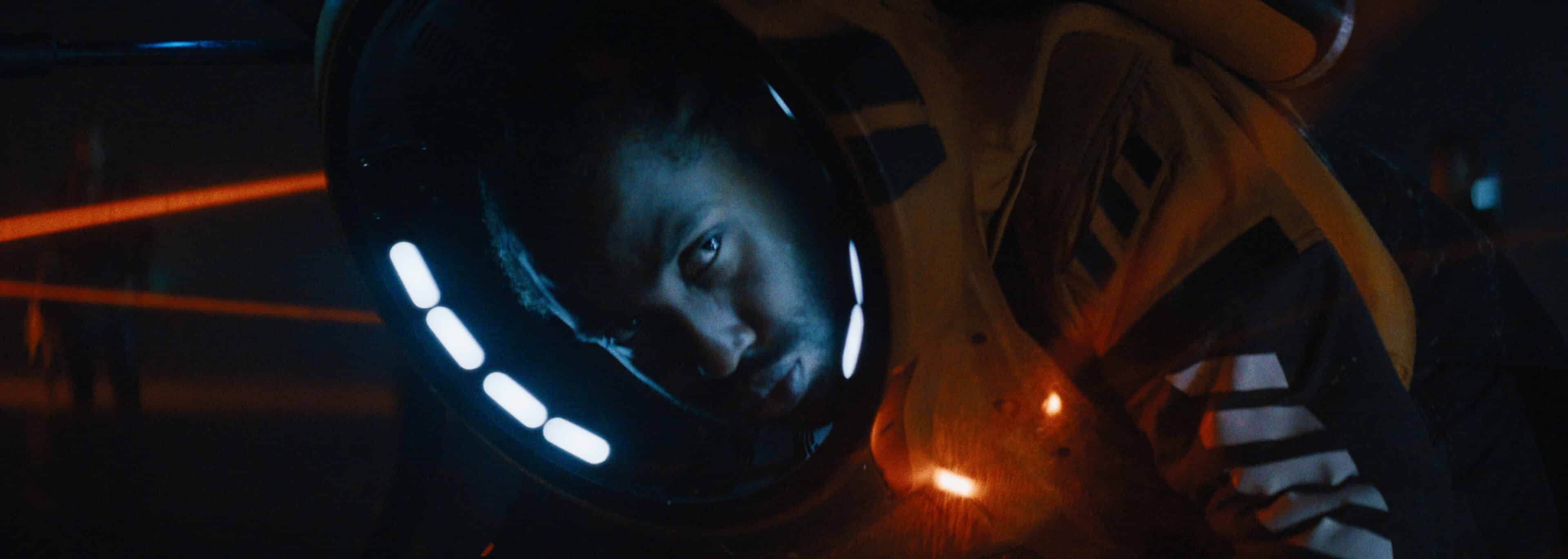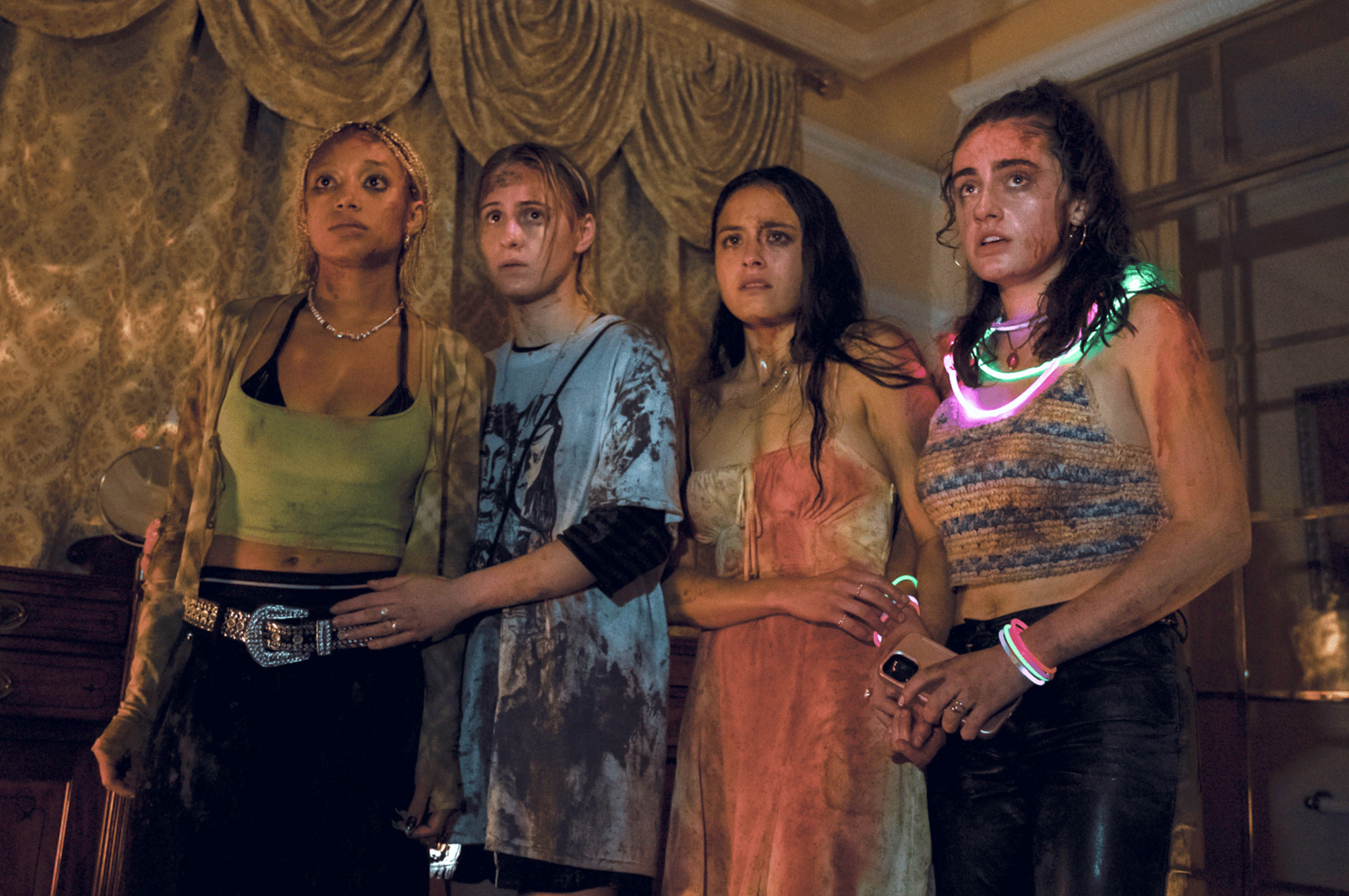Mary Magdalene review: Lion director Garth Davis directs Rooney Mara, Joaquin Phoenix, Chiwetel Ejiofor and Tahar Rahim in this visually heart-stopping but ultimately light-footed biblical drama.
Mary Magdalene review by Abi Silverthorne.

Mary Magdalene review
Brimming with beatific melancholy, this most recent entry into cinema’s mixed bag of Biblical adaptations is a visually heart-stopping, but ultimately light-footed, exploration of Jesus of Nazareth’s final days through the wide eyes of his first and only female apostle.
Rooney Mara’s Mary of Magdala is a young women adrift in her life — something Davis captures wonderfully with the Malick-esque opening sequence of her body alone amidst a fathomless expanse of sun-dappled ocean blue. Throughout her story she will be submerged once, then twice more; one dunking by a patriarchal gaggle of male family members in order to drown out her unwomanly wilfulness, and once by the son of God himself, in a baptismal rebirth of spirit.
The first is an attack, the other is at her request.
When things are presented in this way, as it is through the oft overlooked experience of the women, the spirituality of the age-old tale becomes that much more compelling. This film is not unwilling to suggest the path might lead only to madness—with an intense scene of crowds of walking wounded falling into vicious hysteria to get to Jesus’ healing touch—but, if the alternative is the cult of female subjugation, we can see why Mary flees her village so readily. Unwilling to marry, uninterested in mothering a brood of children or dying in labour, Mary has made herself purposeless in her community. When she encounters a legendary Rabbi who can perform miracles, and can offer her a devout purpose on par with that of a dozen men, of course she will take it, and run with it.

Mary Magdalene review
From there on out the film becomes more of a cerebral odyssey, following Mary’s journey within the group of radical believers as they continue on through valleys and higher up mountain ranges (and, symbolically, higher into the wild expanse of their leader’s strange gifts) towards the horizon of Jerusalem and the inevitable brewing of tragedy.
It’s peculiar, it is not that the film pulls punches regarding biblical imagery. The plight of innocents at the hands of Herald’s Roman ruling class is visceral—with emancipated bodies in Mary’s arms, dying under Rooney’s breathtakingly emotive pale gaze—and the miracles Jesus performs seem to partially terrify him as much as anyone else. Most likely nothing hits quite as powerfully as it should because it is all almost too dreamlike. The camera drifts mesmerisingly over the land with stunning grace and precision but never sets us on our feet into the horrific realities of the time. It’s a highly pleasant dream to behold, but no one feels really all there.
Rooney’s performance is captivating, and there is some brittle strength present in the conviction of Mary’s love, yet she is still a spritely screen presence one has to watch carefully; she will not spell it out for you, you must look for the feelings in her stare.
Related: Una DVD review
The brilliant Joaquin Phoenix tries something fresh and commendably brave with his depiction of the Messiah. He is mentally untethered, voice always straining to be heard, his bearing slightly glazed over with only a faint grasp of physical consciousness. It’s one that not only recognises, perhaps for the first time, that someone so close to God would have to subsequently be in some way distant from the mortal reality perceived by those around him, but is also most suitable for the way the film places him slightly off-centre of the narrative. Constantly unknowable, he is seen only through the glimpses Mary is granted, through the things he is willing to share with her. As the cross is carried the shot only lets us see as far as Mary can through the mob in Jerusalem’s streets. When she is butted out of the way before she can reach him, it is the singularly most gutting moment the film offers.

Mary Magdalene review
This is unequivocally Mary’s story. As she proclaims to Chiwetel Ejiofer’s Peter, she will be heard, this time. We are shown what these events must have meant to her. In this sense, for all its spooky sequences of the ocean depths, it is a very humanised adaption of the mythos.
There are aching truths one can sense emerging from this film: the hope of finding and the terrible loss of a special connection, and the beauty of understanding and acceptance. They are closest to the surface in the looks shared with wordless pathos between Mara and Phoenix, but sadly they do not always land.
There is also, of course, one ignorable thing to remember before the film gets too carried way with itself. ‘The world will change as we change’ Mary professes in the wake of Jesus’ sacrifice, perceiving what no other apostle does—that the supposed Divine Kingdom they had been on a quest for was never with the one man but with them all, through the unity they must now go to extend to others.
Related: Lion review
This is a rallying sentiment, but any film of faith that proclaims such a thing has ultimately failed in it’s message if it submits to the whitewashing of Christianity’s history that contemporary conservatism made standard. Rooney Mara and Phoenix are gifted actors who performed these roles with aplomb, but they are the palest Middle-Easterners one could find. If the Kingdom of God is one built on equality and inclusivity, why has it mattered for so long that a God who’s son was depicted so far from Europe must still be exclusively white every single time he is on screen. One wonders what power the film would have had if all involved had admitted that ‘supporting’ actors Chiwetel Ejiofer and Tahar Rahim, who are both extremely moving with the subtle scenes they do have, are just as likely to have been what a traveller prophet within the Israelite-ethnicity of the time period looked like. If your protagonist learns that change is betterment, your story must not shy too much from change.
In the end, Mary Magdalene is a film of enchanting and poetic visual beauty that earnestly tries to convey the way that the best parts of faith can redefine us, like Mary, to be beyond the stations society may set is, be it gender or race or class. But it fears to do more than tread lightly in this regard.
It paints a beautiful picture of belief with stirring performances, yet this doesn’t erase the fact that it would have been an infinitely better achievement if it had been as brave and unapologetic as the revolutionary figures it aims to portray.
Mary Magdalene review by Abi Silverthorne, March 2018.
Mary Magdalene will be released in UK cinemas on Friday, 16th March 2018.

Latest Posts
-


Home Entertainment
/ 12 hours agoHorror title ‘Let The Right One In’ sets digital release in the UK
A UK digital release has been set for the iconic modern horror film Let...
By Paul Heath -


Film News
/ 12 hours agoWarner Bros. drops the trailer for crime film ‘The Alto Knights’ with Robert De Niro
Warner Bros. Pictures has released the trailer for the upcoming The Alto Knights, a...
By Paul Heath -


Film Trailers
/ 12 hours agoTrailer lands for next Blumhouse film ‘The Woman in the Yard’
The new trailer for The Woman In The Yard, the next Blumhouse-produced movie coming...
By Paul Heath -


Streaming
/ 12 hours agoNetflix animated film ‘The Witcher: Sirens of the Deep’ gets a trailer
Here’s a new trailer for Netflix’s upcoming animated adult film The Witcher: Sirens of...
By Paul Heath











